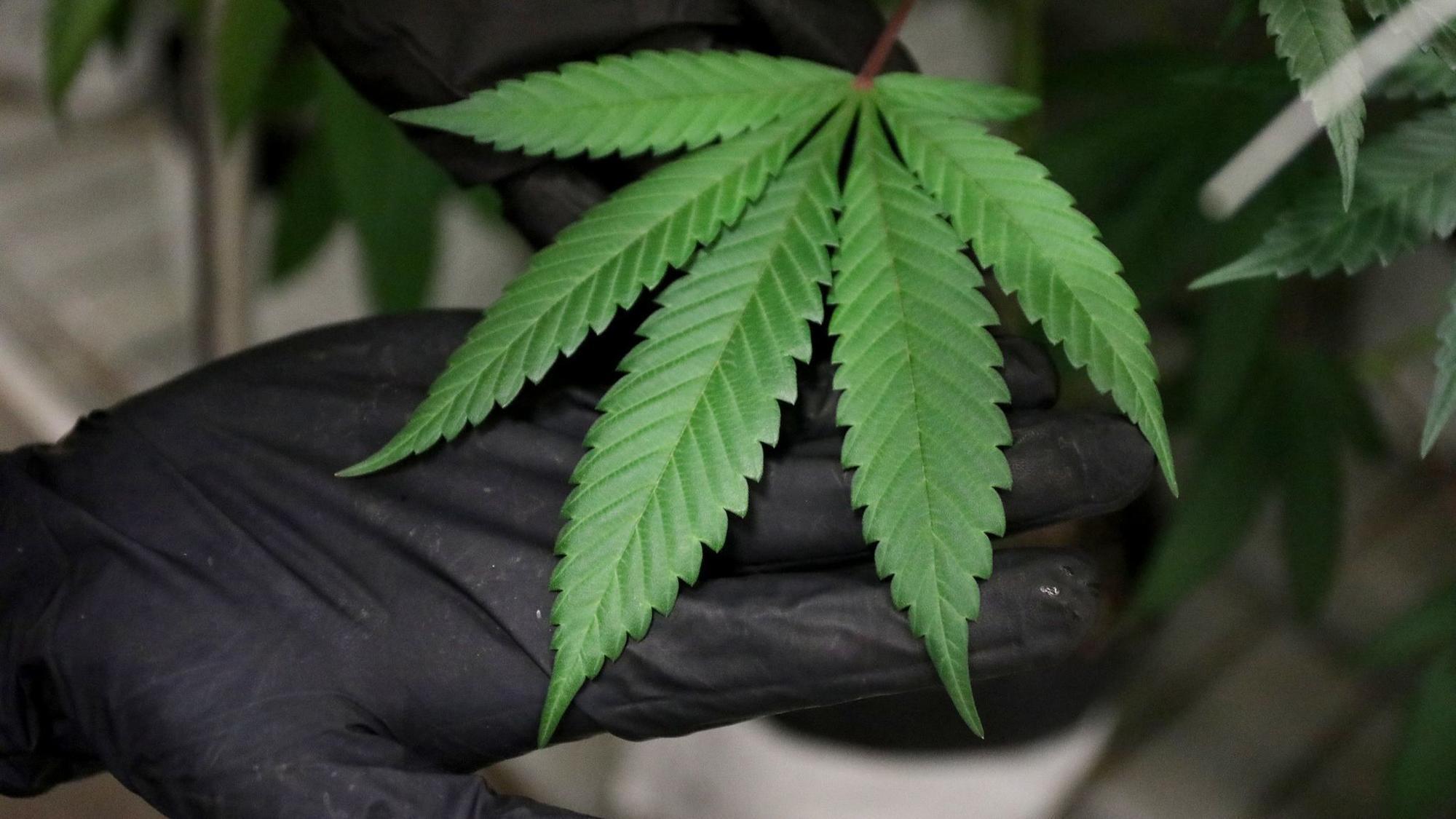Policy
Chicago’s black community wants an equity-first legalized cannabis policy

The prohibition of marijuana is nearing a conclusion in Illinois, and the country is poised to become the upcoming major market in the $9 billion cannabis sector. However, will Illinois’ black communities find some of the monetary benefits–notably Chicago‘s black areas which were ravaged by the war on drugs?
Gov.-elect J.B. Pritzker will make good on his election promise to legalize cannabis, pending a vote at the General Assembly early next year. However, the larger question is if the new governor is going to do right by elephants in Chicago and other areas of the country. Can he exclude blacks from staking their claim in the sector –frequently earmarked for and commanded by a white, privileged and well-financed group? Or, how will he create a detailed strategy to guarantee black possession of cannabis shops and project opportunities in this new market?
Historically, casual jobs that existed beneath prohibition often lack an equitable transition into black ownership in a formal, legalized market. Take alcohol prohibition. Though bootlegging alcohol was prohibited throughout the 13 decades of prohibition in Chicago, it had been among the very few professions in the 1920s which have been available to all races, similar to the casual cannabis market is now. Yet now, just 5% of those wineries in the USA are black-owned.
These days, the legal bud sector is anticipated to be worth $9 billion, but just 4.3% of cannabis companies in the U.S. are owned or depending on black people. This should not be true in Chicago–a city with among the greatest levels of black unemployment and also the best democratic wealth gaps in the country. This is a town where we’ve communities such as West Garfield Park, where 81% of young black men are jobless.
Let’s not repeat history by excluding blacks from involvement in the financial boom of legalized cannabis precisely the exact same manner they had been excluded from profiting from the ending of prohibition. Pritzker gets the opportunity to become one of the very first U.S. governors to put micro-reparations for in-state blacks on account of the injuries their communities undergone via the war on drugs. Blacks, after all, remain 3.73 occasions more likely to be arrested for marijuana offenses in the U.S. than whites.
Also Read: Labatt teams up with Tilray to create research joint venture
So now’s your time to arrange for workers’ rights and negotiate terms of what black possession in the marijuana industry resembles.
Illinois requires an Equity First Cannabis legalization policy, one which guarantees that people in low income, disenfranchised communities have a chance to take part in the legal supply of cannabis and gain financially from legalizing cannabis.
State legislators must devote to keeping 30 percent of Chicago cannabis dispensary permits for black inhabitants because blacks constitute 30 percent of the city’s inhabitants. Legislators must employ a sliding-scale dispensary licensing charge system and devote funds for coaching on cannabis farming and extract.
Illinois must follow the lead that California has taken with its legislation AB 1793. They need to launch those incarcerated in state and local penitentiaries for possession of cannabis and speedy monitor expungement for all those inside and outside with cannabis arrests within their own backgrounds. They have to alter legislation and parole drug screenings to omit cannabis and keep black involvement in this critical financial change in Illinois.
Pritzker is on the brink of earning one of the largest decisions at the onset of his governorship at 2019. The cannabis legalization coverage he suggests has the capability to make a background for the nation by building a place for black entrepreneurs in the dining table, like the town of Oakland failed with its equity license program. The country often recognizes the obstacles to economic equity to the black community, obstacles brought on by systematic racism and the war on drugs, but its own policies seldom correct those inequities.
Placing equity should be Pritzker’s devotion to correct the wrongs of the war on drugs and also cause a new age of racial fairness in the state of Illinois.
Also Read: Anheuser-Busch plans to add Cannabis Drinks to Its Lineup
